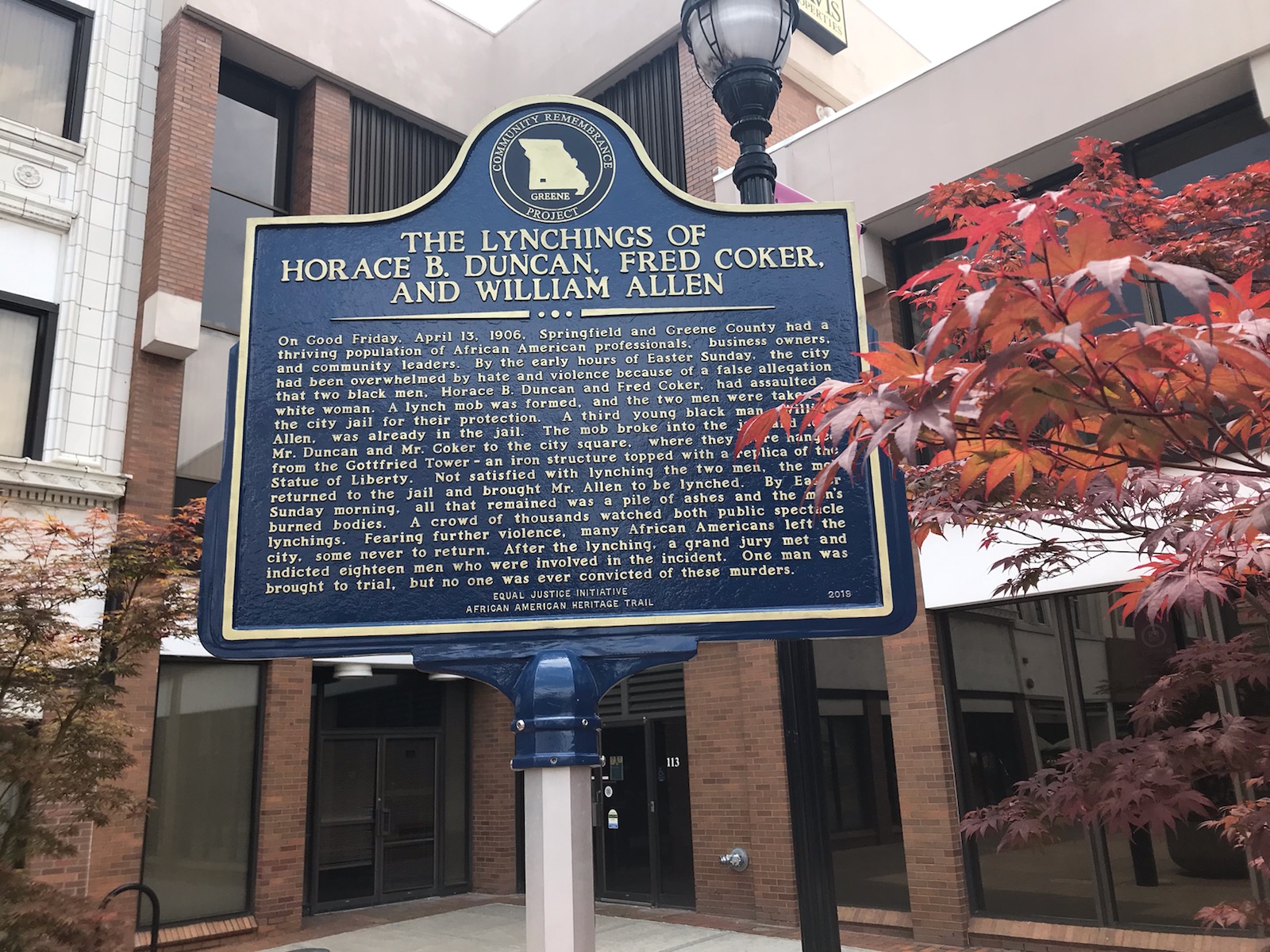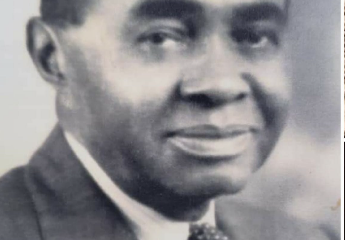Featured
After A Century Of Failed Attempts, Congress Passes Anti-Lynching Law

It’s been 100 years in the making but the newly passed anti-lynching law approved by Congress is the legislation civil rights groups have pushed for amid rising cases of racism. After a late-night session, the Senate unanimously passed the Emmett Till Anti-Lynching Act.
Senate Majority Leader Chuck Schumer said, “The first anti-lynching legislation was introduced a century ago, and after to long, the Senate has now finally addressed one of the most shameful elements of this nation’s past by making lynching a federal crime. That is took so long is a stain – a bitter stain – on America.”
Laws to make lynching a federal crime have failed more than 200 times. The House passed the measure last week. Three Republicans voted against the legislation: Georgia’s Andrew Clyde, Kentucky’s Thomas Massie, and Texas’ Chip Roy.

In 2018 the National Memorial for Peace and Justice Equal opened in Montgomery, Alabama, as a place to honor the lives of African Americans lynched. With 805 steel columns suspended from the ceiling, each one represents a life ended by lynching. Known as the Lynching Memorial, it commemorates the more than 4,400 victims lynched between the post-Reconstruction era and 1950.
Among those remembered are three young men, who were lynched early Easter morning in 1906 in Springfield, Missouri. Newspaper reports thousands of people gathered to watch Horace Duncan, Fred Coker and William Allen subjected to inhumane cruelty. The familiar narrative led to the murders of Duncan and Coker: a claim of assault on a white woman. Allen was already in jail.
The mob stormed the jail and took Duncan and Coker to the city square where they were hanged. But that did not quell the rage, and white men returned to the jail where they found Allen who they decided should also be lynched.
Fearing another wave of violence, many African Americans left Springfield and never returned. Census records indicate there were more Blacks living in Springfield in 1906 than there were almost 100 years later. No one was ever convicted of murdering the three men.
Illinois Congressman Bobby Rush introduced the most recent legislation, following in the footsteps of then-Senator Kamala Harris along with Senators Cory Booker and Tim Scott who began a renewed push in 2018 to make lynching a federal crime. Kentucky’s Rand Paul objected but two years later, Paul had become a co-sponsor of the legislation. Supporters cite the recent murders of Ahmaud Arbery and other African Americans as accelerating passage of a law that allows the federal government to seek justice when local and state officials fail to do so.

-

 Black History5 months ago
Black History5 months agoThe untold story of a Black woman who founded an Alabama hospital during Jim Crow
-

 Featured9 months ago
Featured9 months ago‘No Closure’ In Town Where Five Black Residents Were Either Murdered, Died Suspiciously Or Are Missing
-

 Black History9 months ago
Black History9 months agoBlack History Lost and Found: New Research Pieces Together the Life of Prominent Texas Surgeon and Activist
-

 Featured9 months ago
Featured9 months agoFounder of “The Folding Chair” Podcast Calls Montgomery’s Brawl ‘Karma’
-

 Featured8 months ago
Featured8 months agoThousands ‘Live Their Dream’ During National Black Business Month
-

 Featured10 months ago
Featured10 months agoJuneteenth And ‘246 Years Of Free Labor’ Are Key To Conversations About Reparations









